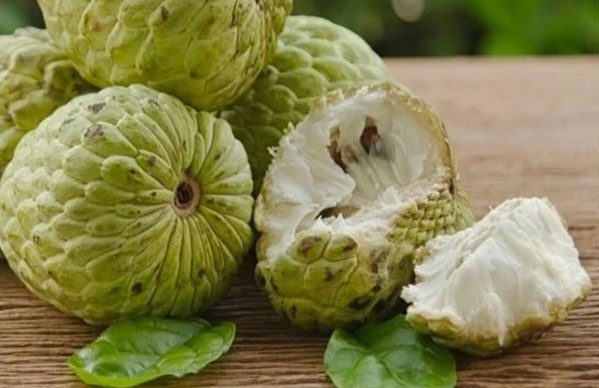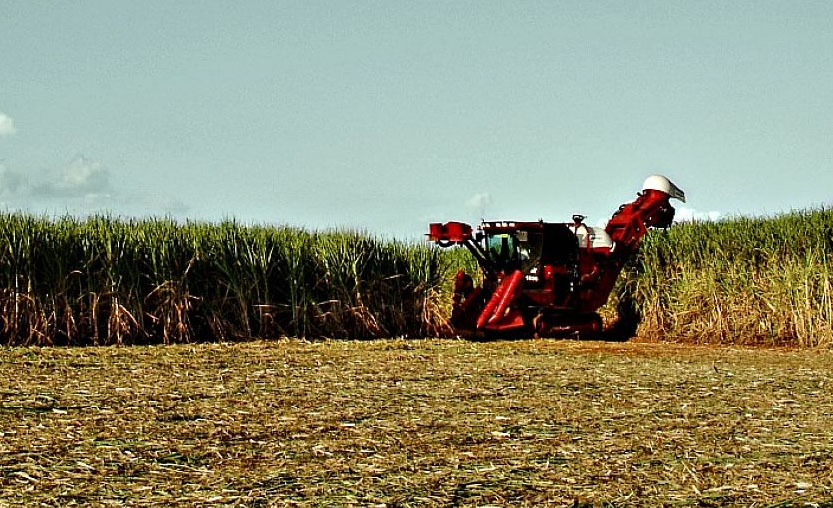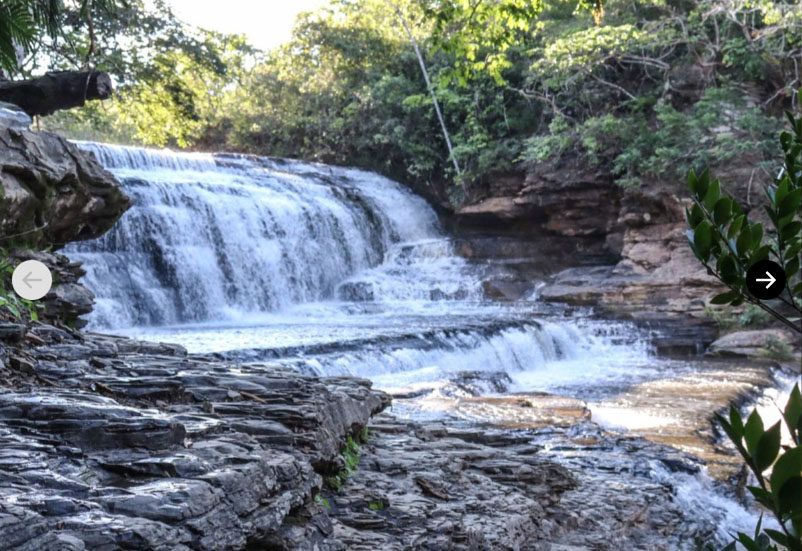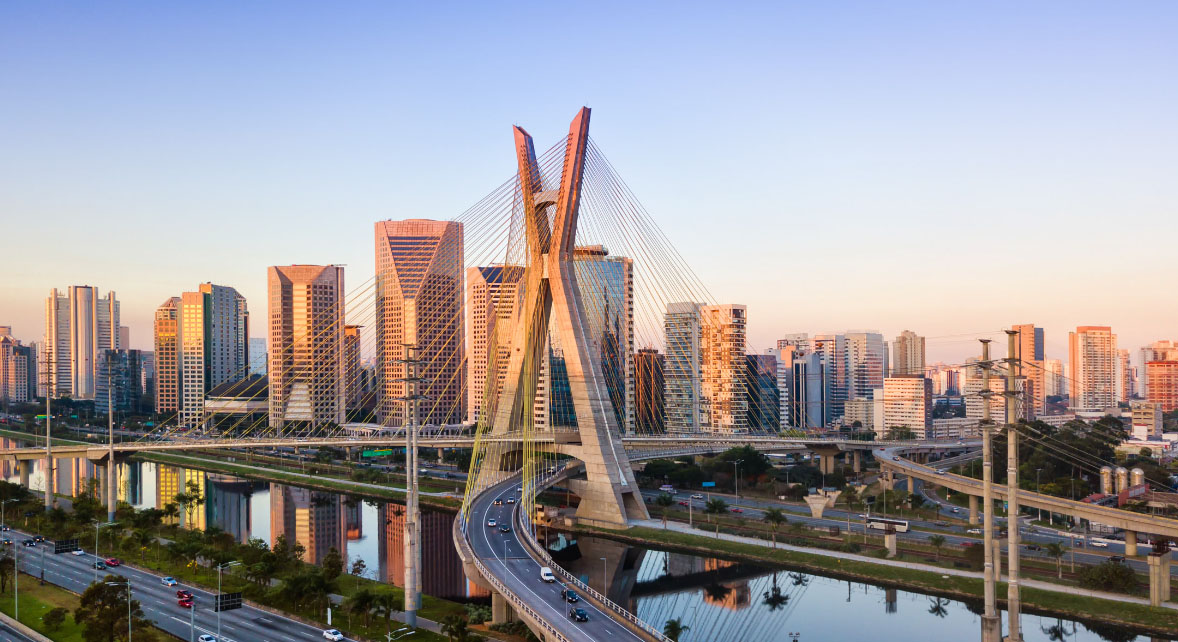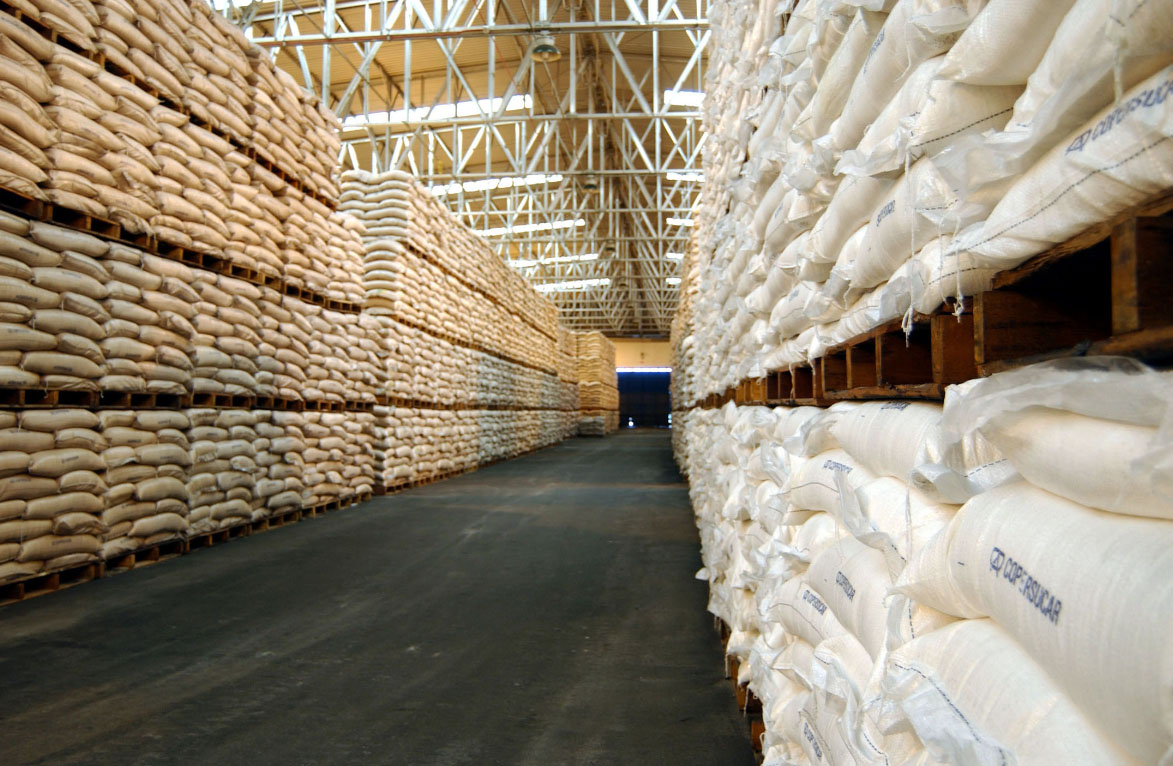When you
think of Brazil, you might picture lush rainforests, samba, and stunning
beaches. However, Brazil is not just a tropical paradise; it’s also a global
powerhouse when it comes to sugar production. In this blog post, we’ll delve
into the captivating reasons why sugar is produced in Brazil and how this
vibrant nation has become a key player in the global sugar industry.
Ideal
Climate for Sugarcane
One of the
primary reasons why sugar is produced in Brazil is its ideal climate for
sugarcane cultivation. Sugarcane is a tropical crop that thrives in warm,
sunny, and humid conditions with well-distributed rainfall. Brazil’s vast
territory spans multiple climate zones, providing a diverse range of
environments where sugarcane can flourish. The northeastern and southeastern
regions, in particular, offer optimal conditions for sugarcane growth,
resulting in high yields and top-quality sugar.
Historical
Legacy
Brazil’s
connection to sugar dates back centuries. The Portuguese introduced sugarcane
cultivation to Brazil during the colonial era, establishing vast plantations
along the fertile coastal regions. Sugar became a cornerstone of the Brazilian
economy, and this historical legacy laid the foundation for Brazil’s continued
prominence in sugar production. Over the years, the country has honed its
expertise in sugarcane farming and sugar processing.
Large-Scale
Plantations
Brazil’s
commitment to sugar production is evident in the size and scale of its
sugarcane plantations. The country boasts some of the world’s largest sugarcane
fields, with modern farming practices and state-of-the-art machinery. These
large-scale plantations contribute significantly to Brazil’s position as a top
sugar producer.
Advanced
Technology and Innovation
Brazil has
embraced advanced technology and innovation in its sugar industry. From
mechanized harvesting and efficient processing to sustainable farming
practices, the country continuously invests in improving its sugar production
methods. This commitment to innovation ensures not only high yields but also
sustainable and environmentally friendly practices.
Diverse
Sugar Types
Brazil
produces a wide variety of sugar types, including granulated sugar, refined
sugar, demerara sugar, and muscovado sugar. This diversity caters to different
consumer preferences and various industries, from food and beverages to
biofuels.
Sustainable
Farming Practices
Many sugar
producers in Brazil prioritize sustainable farming practices. They implement
eco-friendly techniques, such as reduced water usage, efficient energy
production, and waste recycling, to minimize their environmental impact and
promote ethical labor practices.
Global
Export Leader
Brazil
consistently ranks as one of the world’s leading sugar producers and exporters.
Its commitment to quality, sustainability, and competitive pricing has earned
it a prominent position in the global sugar market.
Conclusion
Brazil’s
status as a major sugar producer is a blend of historical legacy, favorable
climate, modern farming practices, and a commitment to innovation and
sustainability. The country’s sugarcane fields continue to be a sweet source of
economic growth and excellence, ensuring that Brazilian sugar remains a vital
player on the global stage. Whether you’re enjoying a sweet treat or exploring
biofuel options, the reasons why sugar is produced in Brazil are as diverse and
fascinating as the nation itself.


